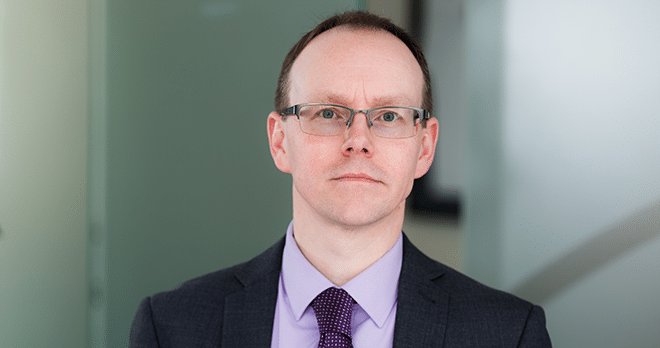No-fault clinical negligence claims: a knee-jerk reaction that’s bad for patient safety?

As both a specialist in clinical negligence law, and as Chairman of the Society of Clinical Injury Lawyers (SCIL) which represents the majority of the specialist profession in this area of law, I am disappointed with the news revealed to the Health Select Committee yesterday that the Department of Health and Social Care is apparently talking about no-fault compensation for clinical negligence claims without the benefit of the input of specialists like ourselves.
This approach gives the impression of not wanting to engage with the issues fully, which will result in foreseeable consequences such as continued lack of patient safety learning in the NHS, lack of access to true justice, and a knee-jerk protection of a taxpayer-funded system.
A lack of collaboration also simply keeps repeating the same mistakes of trying to solve the wrong problem, and overlooks the examination of the issue of no-fault compensation which has been ongoing for over 20 years:
- The legal system is not the problem – the problem is the high amount of repeat negligence claims within the NHS – patient safety learning is the key to the issue;
- It is an abuse of power for the Government to seek to insulate the NHS, which it runs, from the same legal principles that govern everyone else;
- No-fault means no accountability, which cannot be allowed in a £130bn-per-year taxpayer-funded system;
- Every single Government who has ever looked at no-fault compensation has come to the same conclusion: it is unaffordable for a national health system. And looking at countries like Sweden etc. are not directly comparable as they have different healthcare, and most importantly much more generous welfare benefits, systems;
- Recent NHS scandals call for more open and honest debate and access to justice, rather than trying to “sweep things under the carpet” of a no-fault scheme.
We call upon the Government to collaborate with the specialist legal profession, and patient safety charities such as AvMA, to have an open and honest exploration of these issues.